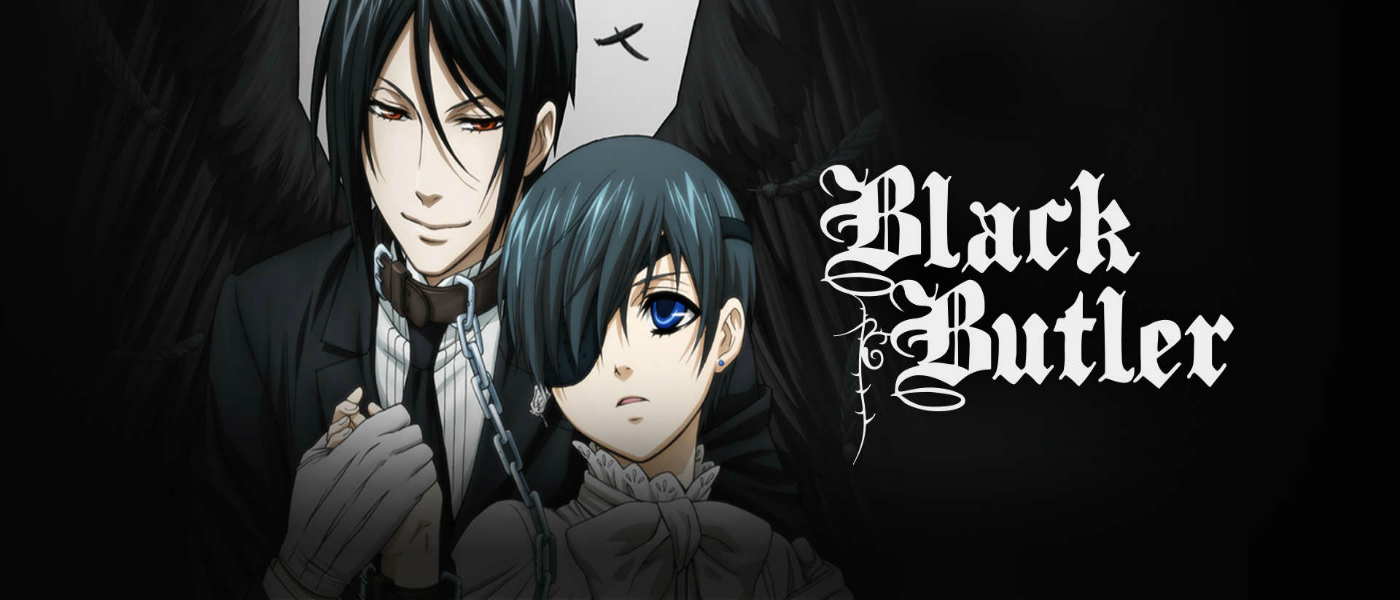English Dub Review: Yamada-kun and the Seven Witches “I’ve Turned Into Her” and “Kiss Me, Okay”
If you’re unsure what to expect from this series, treating these first two episodes as a double-length premiere is a smart choice.
OVERVIEW (SPOILERS BELOW)
Based solely on what I’ve seen so far, the series hasn’t made a case for itself as essential viewing.
For fellow newcomers, the titular Yamada is an apathetic high school student with a past shrouded in mystery and rumors. Since transferring to his current school, it seems as though most of his delinquent reputation stems from a habit of falling asleep in class; the show falls into a habit of telling rather than showing Yamada’s ‘bad boy’ behavior, which is confusing given it’s clearly meant to be a defining character trait.
One thing we do quickly discover about Yamada is his ability to switch bodies with people, inadvertently revealed during a collision with top student Shiraishi. In a pleasantly surprising contrast to Yamada, Shiraishi is far more realized by the end of the first two episodes: we see both her dedication to her studies and the derision and isolation she experiences from jealous peers, who dismiss her as a nerd. Furthermore, when Yamada learns that other students have been bullying Shiraishi and takes it upon himself to stand up to them, she’s emphatic that she can handle problems on her own. This coupling of introversion with quiet ambition and self-assurance make Shiraishi the series’ most interesting character so far, and it’s disappointing that by the second episode she receives significantly less attention.
It’s also a shame that Yamada, and by extension, the audience, only become aware of Shiraishi’s nuanced character due to the body-switching process. Perhaps the most obvious potential problem with this trope in fiction is whether characters will resist descending into voyeurism, and what it says about them if they don’t. Throughout the first two episodes, Yamada switches bodies with two female characters, Shiraishi and Itō, and takes the opportunity to ogle his new body on both occasions. Despite this, when Itō later “checks himself out” in Yamada’s body, the latter is horrified. This issue is exacerbated by the decision to have characters switch bodies by kissing, and one particularly cringe-worthy sequence from the end of the second episode sees Itō gleefully exclaim that “it’s exciting because it looks like two girls kissing but they’re both men!”
Simply watching the opening credits makes it clear that Yamada and Shiraishi will eventually become a couple, but will the two of them ever talk about the time he masturbated in her body? (A thankfully brief scene that’s even more uncomfortable to watch than it sounds). The pair demonstrates a believable, awkward patter that would probably make the developments in their relationship convincing over time, and I can even see the perspective that switching bodies is a twisted take on the idea of walking in someone else’s shoes. Indeed, this notion will probably be embodied in episodes showing the growing influence the two have on each other, such as Yamada helping Shiraishi become more outgoing, and her improving his grades. Nevertheless, the show’s work to set up future storylines is undermined by how creepy Yamada’s actions are.
The plot isn’t much of a concern during “I’ve Turned Into Her” since by necessity most of its runtime is dedicated to exposition. However, “Kiss Me, Okay” displays a worrying absence of logic behind character decisions, which, in a character-driven series, currently casts every event as inconsequential. For instance, popular student Miyamura takes a sudden interest in Yamada upon discovering his ability and convinces him and Shiraishi to join the school’s Supernatural Studies Club in order to provide them with an inconspicuous place to switch bodies. Yet by the episodes’ conclusion the only substantive information we have about Miyamura is that he’s a member of the student council; “Kiss Me, Okay” convolutes his motivation by at first suggesting he’s interested in uncovering how the body-switching ability works, but then showing a tag foreshadowing the shady politics of the student council, and hinting at a larger plan. Meanwhile, Itō finds Yamada and Shiraishi kissing in the Club’s meeting room and reacts in outrage, seeking revenge for their betrayal and deception by spreading rumours that the two are dating, and even suggests that she had been bullied by them. While Itō seems to be written as a comedically absurd character, none of this story beat makes sense, nor does it involve bullying.
Given the high school setting, there were no dazzling spectacles of animation, but the drawing is of the quality I’d expect from contemporary anime. As an English dub, both episodes’ scripts also featured appropriate expressions and cultural references and the overall quality of the translation was impressive.
OUR TAKE
Maybe a fan of the manga would feel differently about this series, but so far, my issues with the characters and central premise of Yamada-kun and the Seven Witches discourage any further viewing.
























"There are also other characters that come and go (also owned by the Warner Bros. Discovery conglomerate media company)."
Huh. Is that just referring to other characters from the show itself, or is this implying that the new season is going to have cameos from other WBD IPs